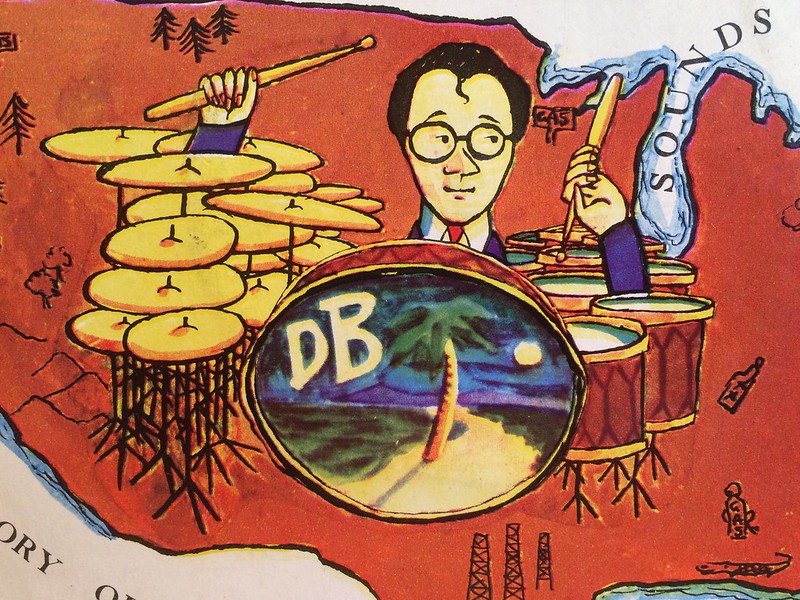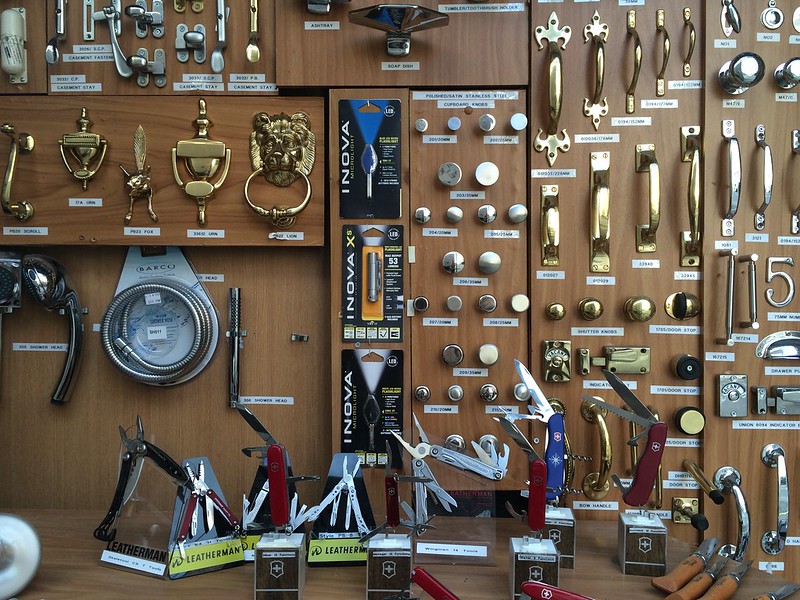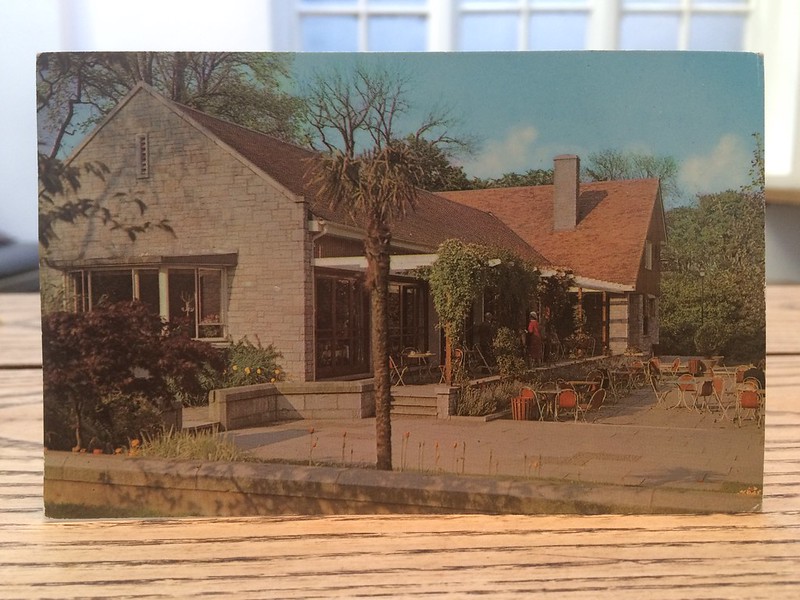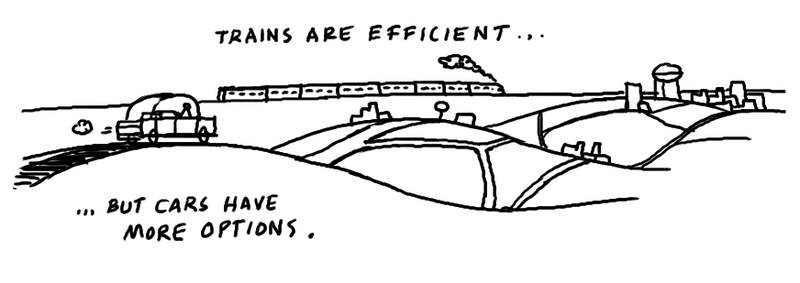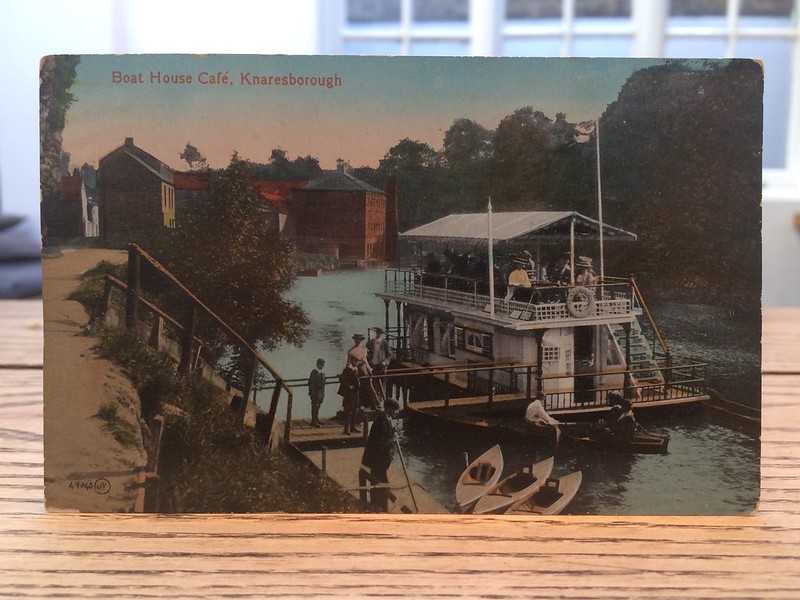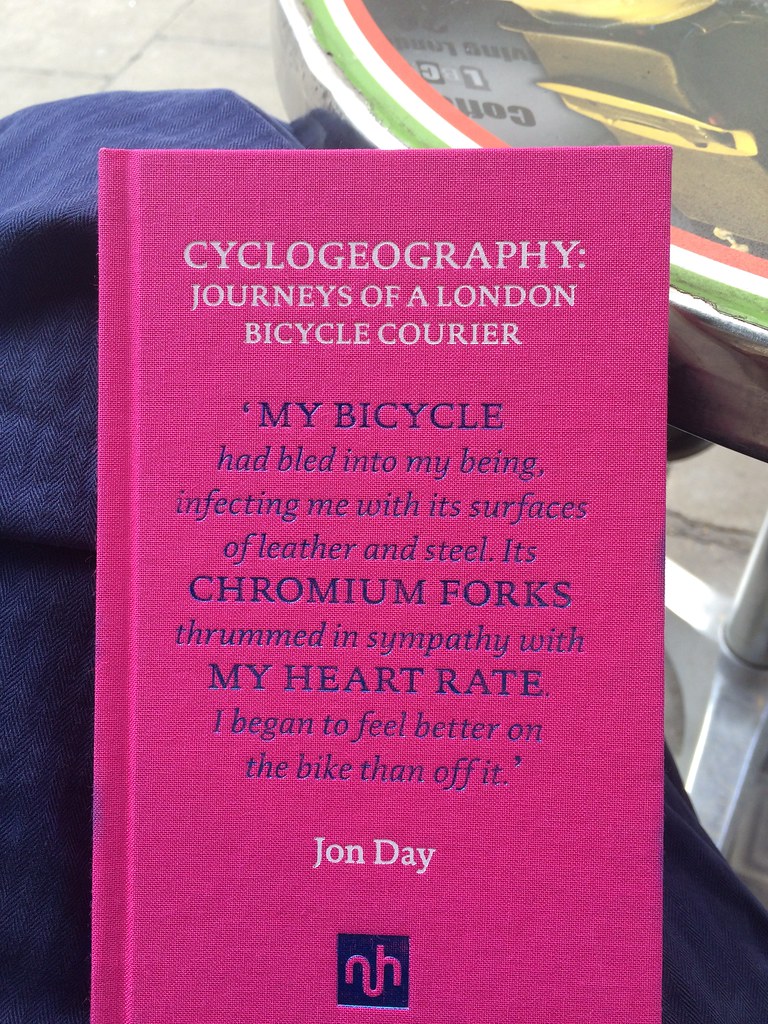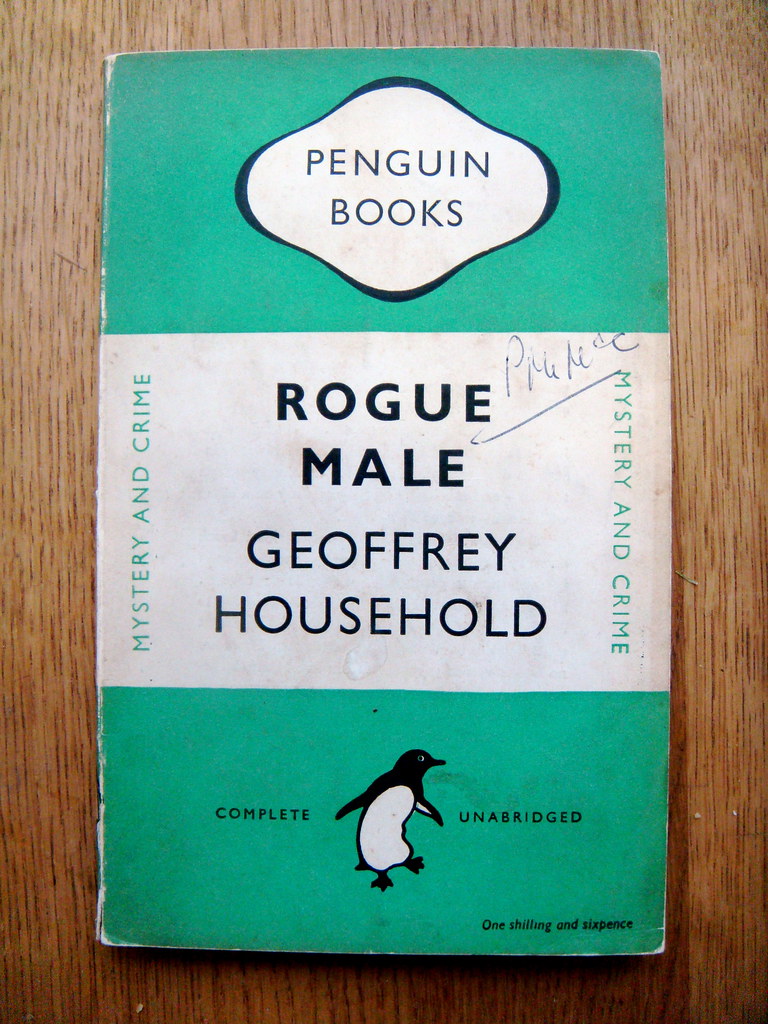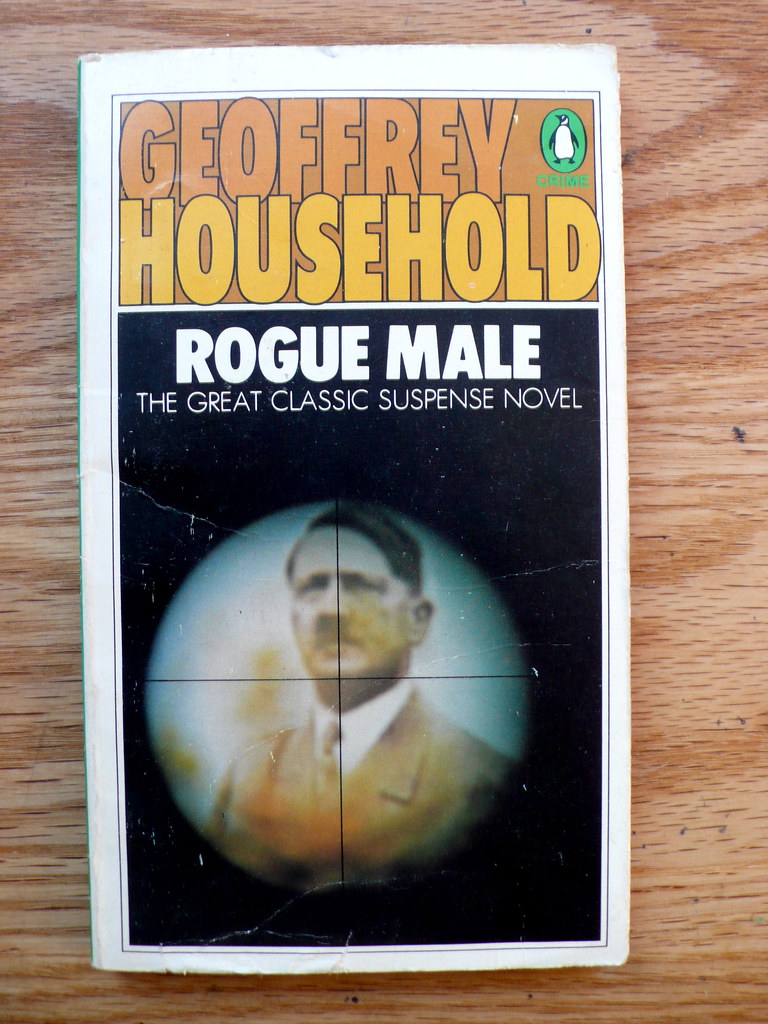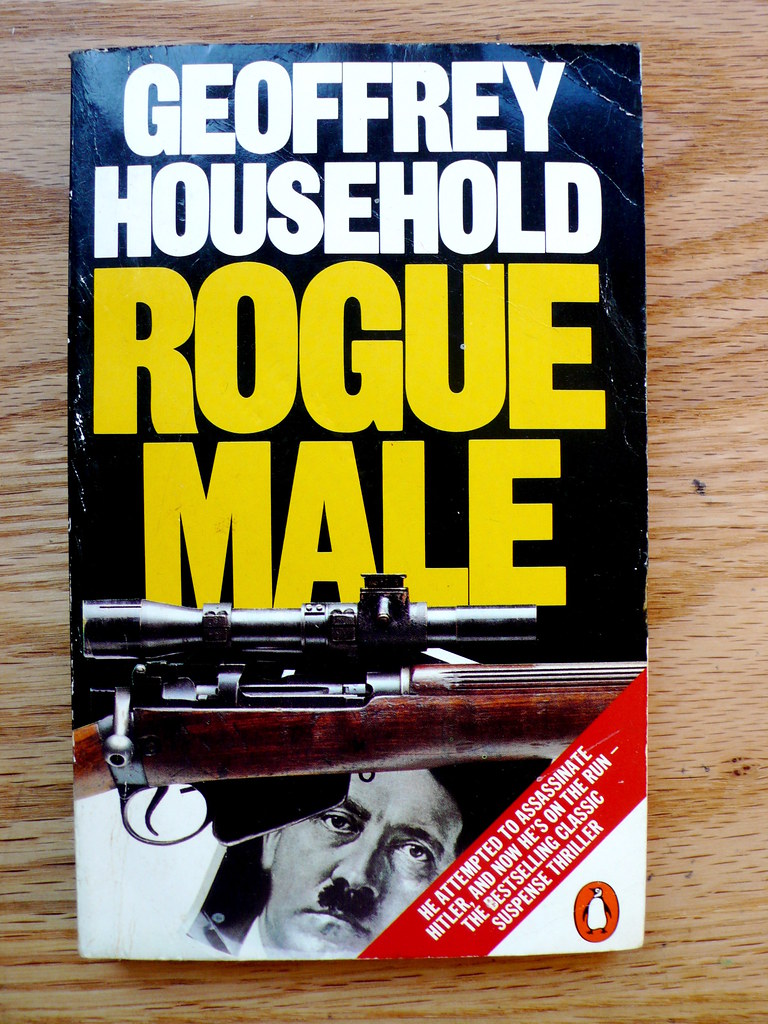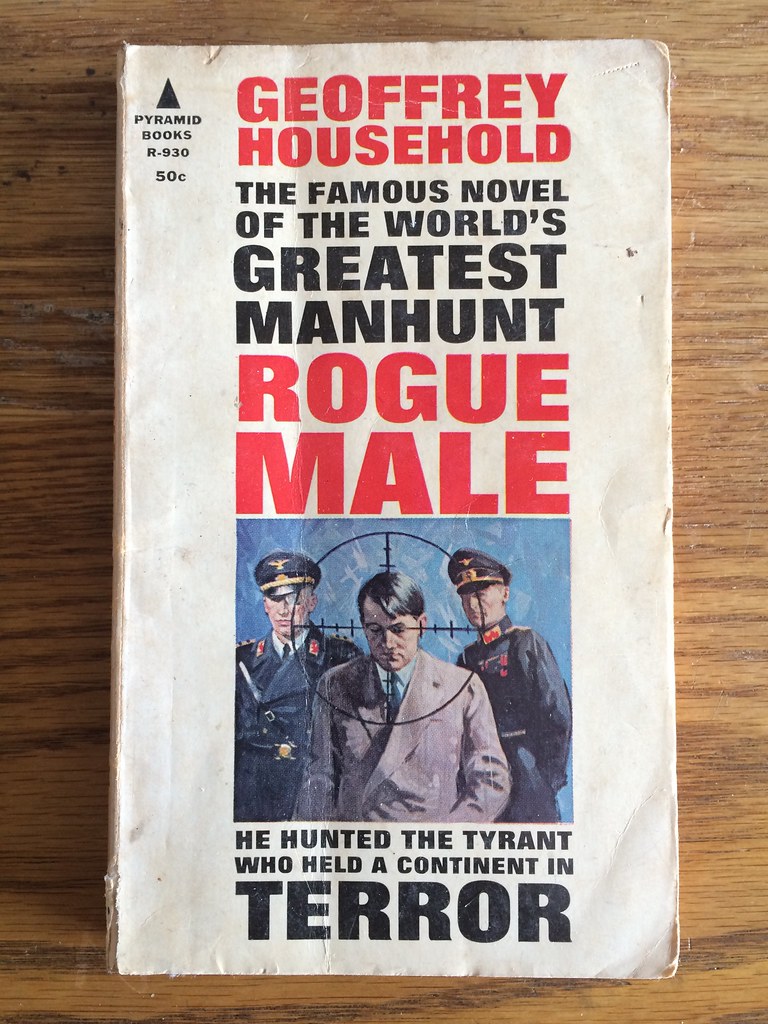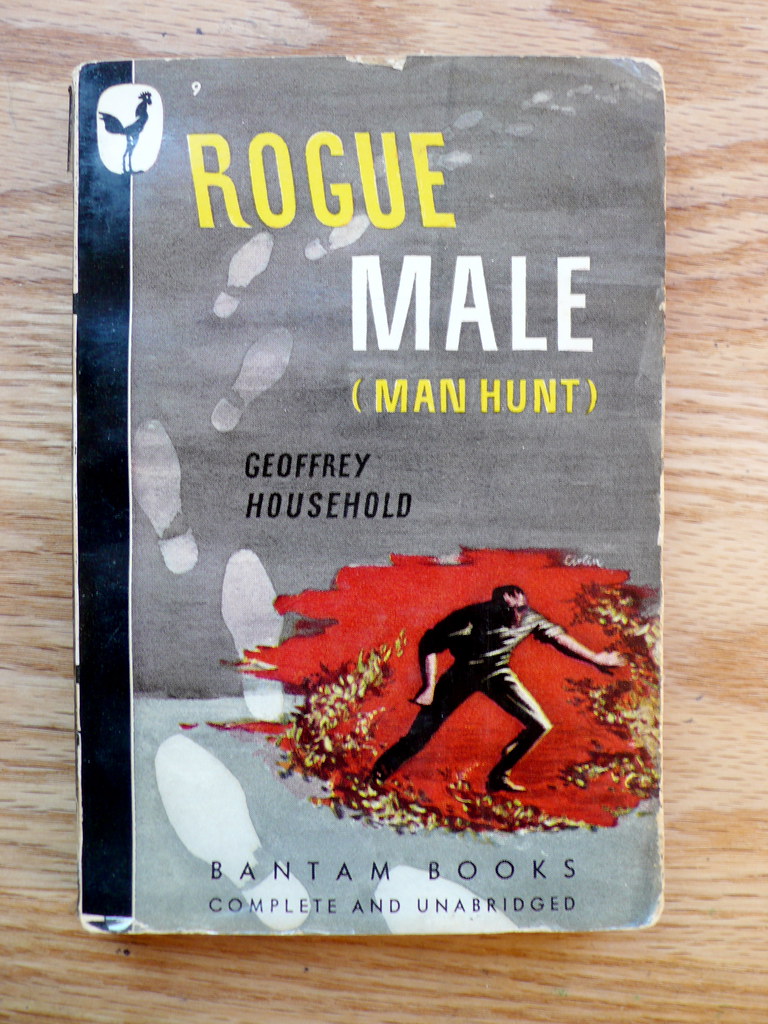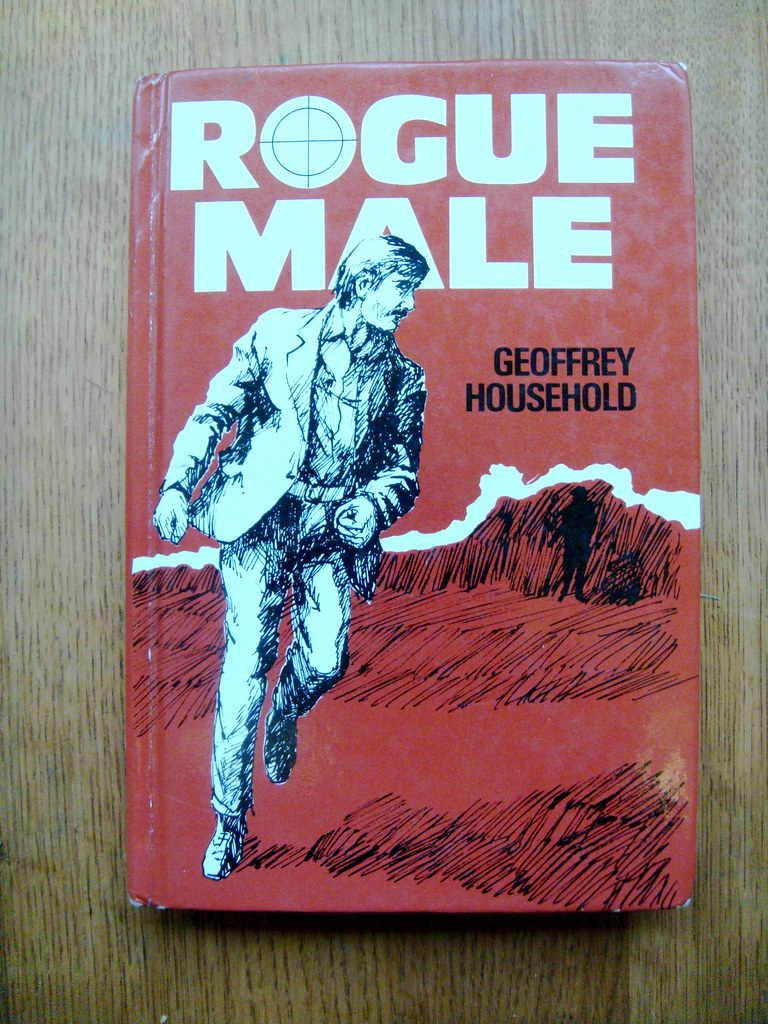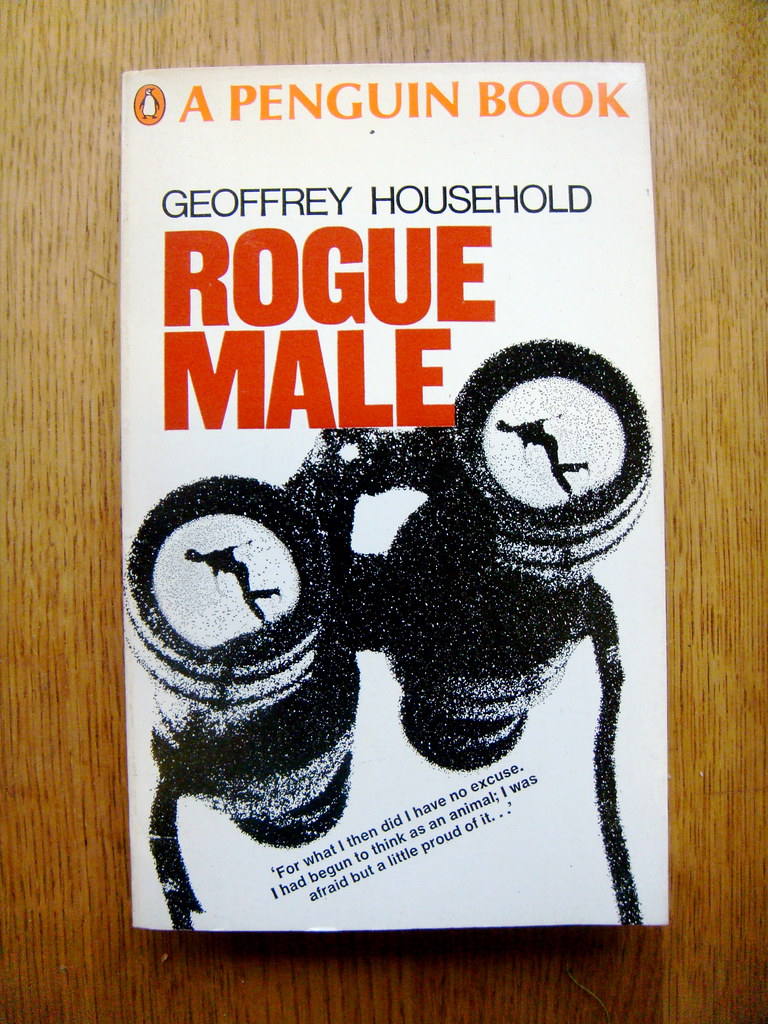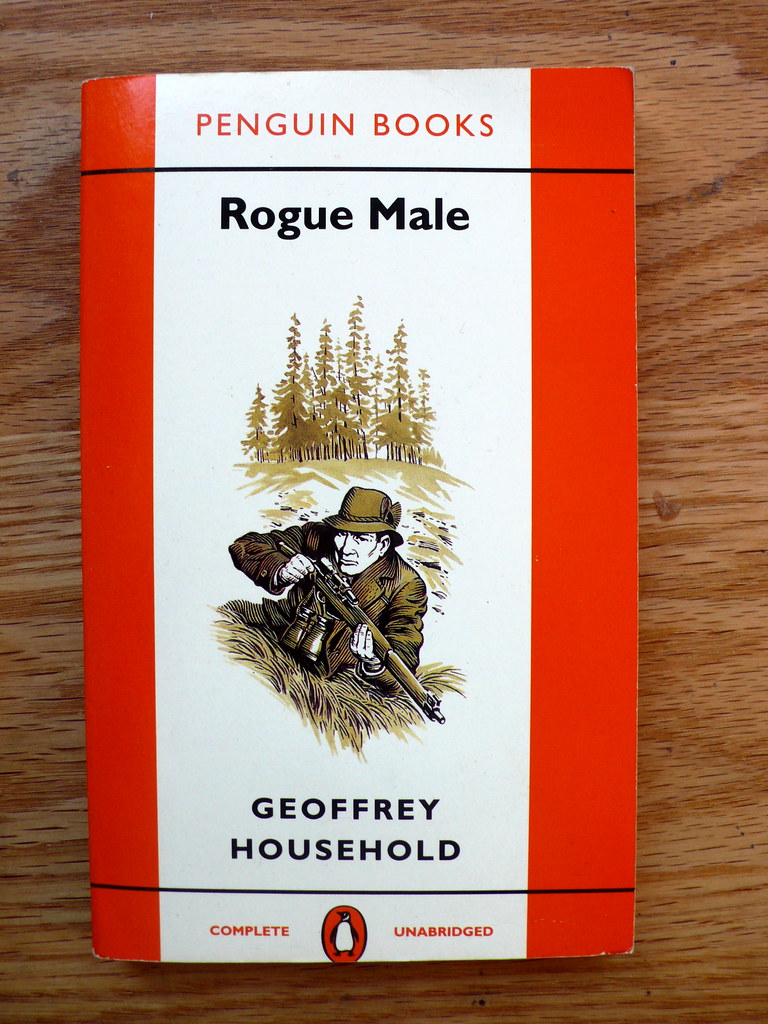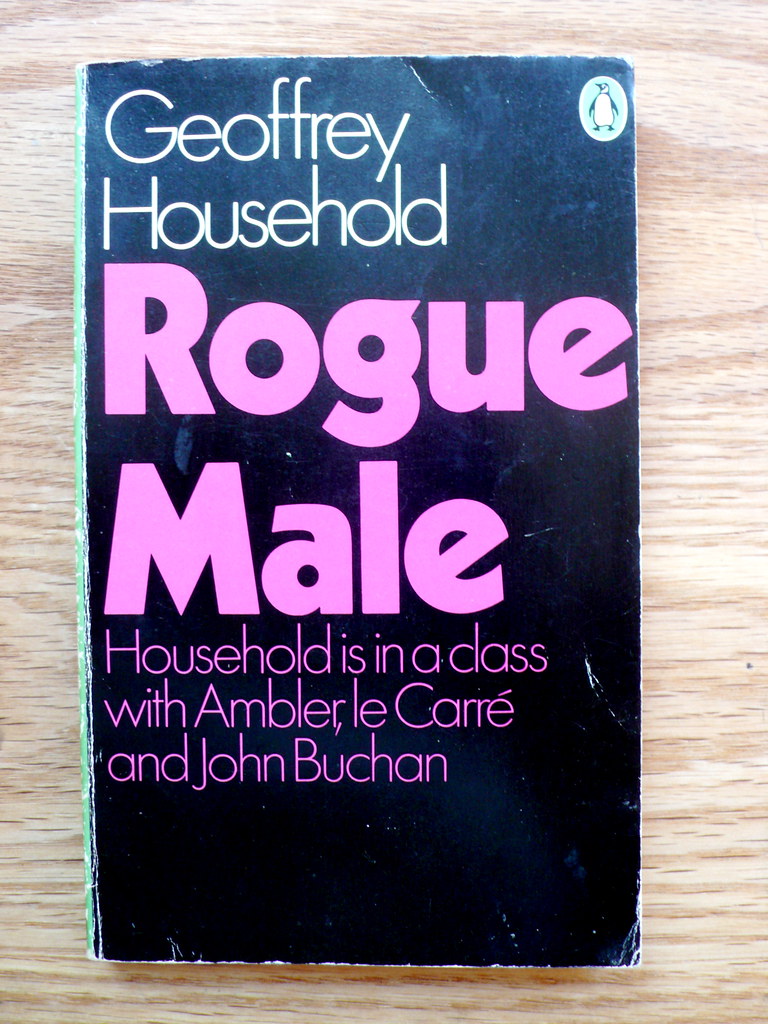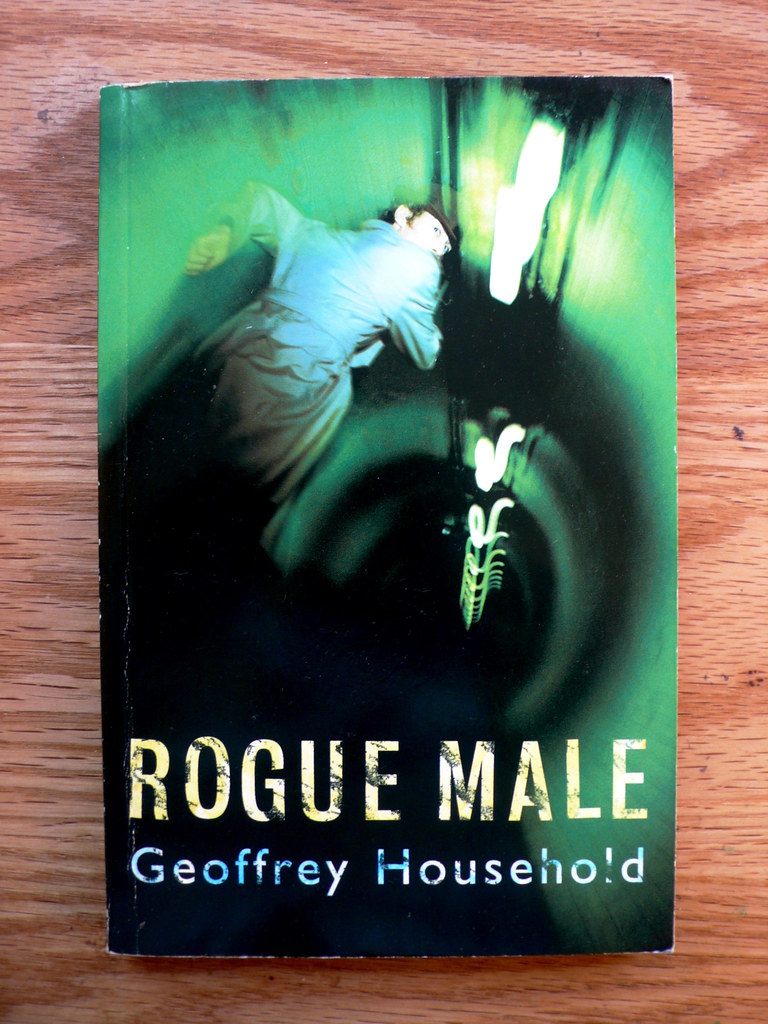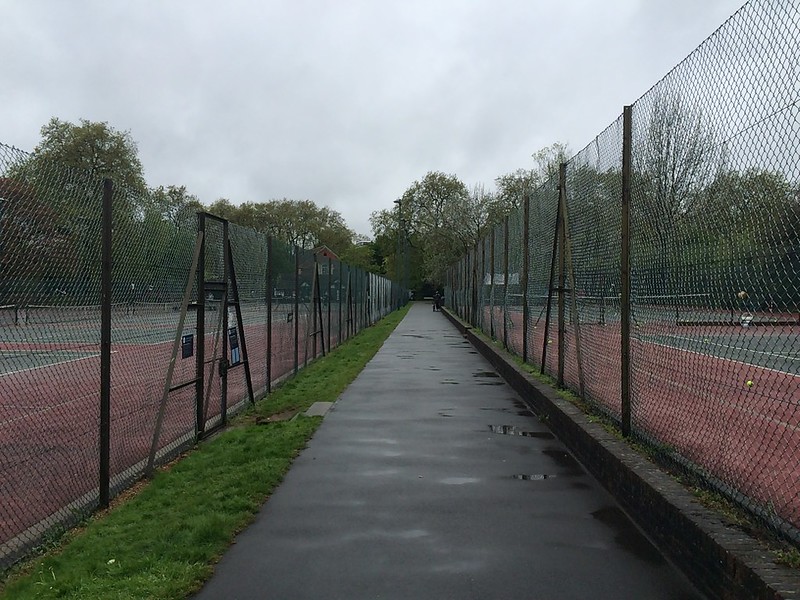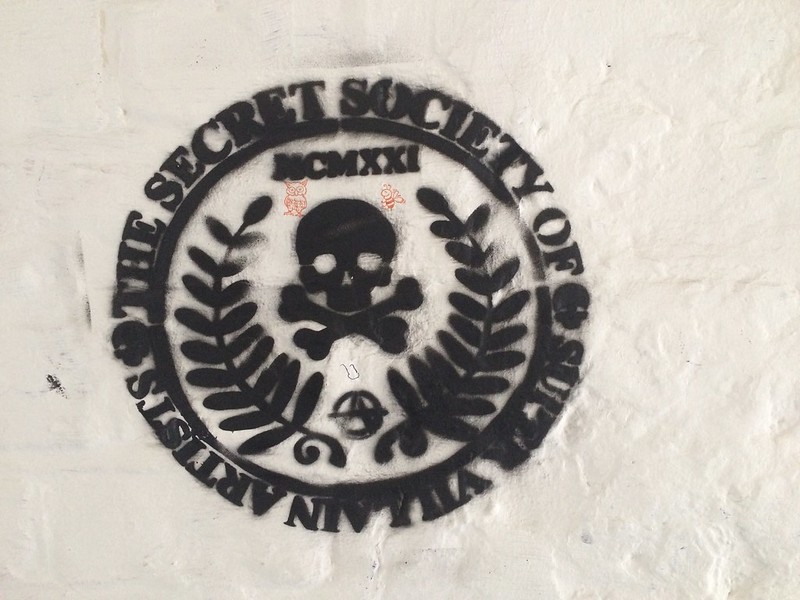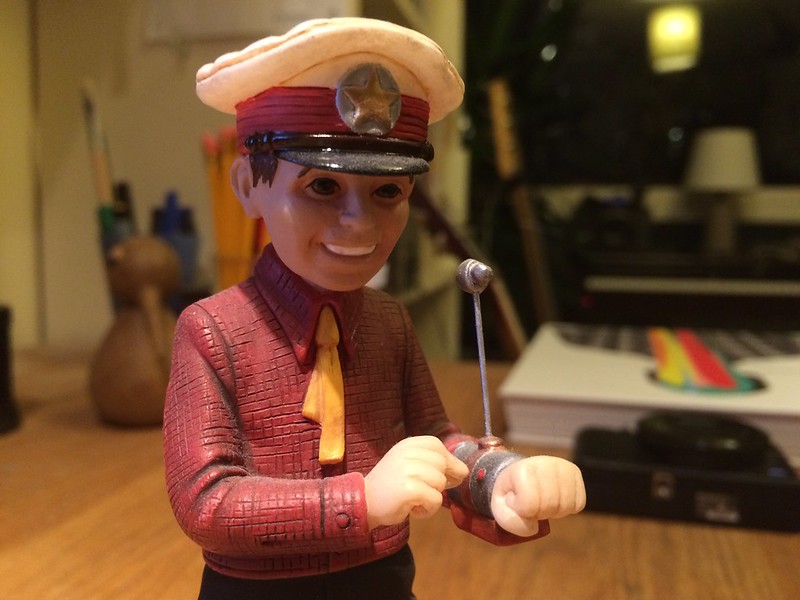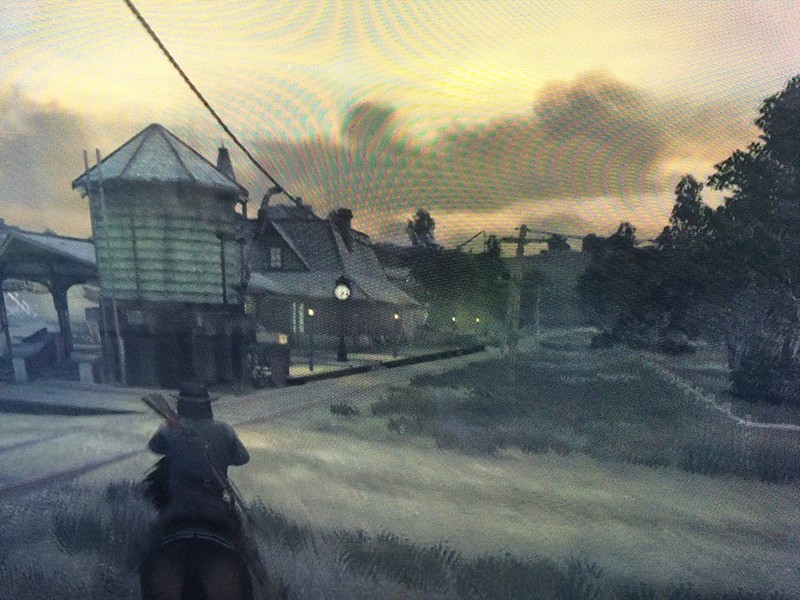Went to see So Percussion play Steve Reich's Drumming last night. Utterly brilliant. I've never been that convinced by it on record, it seems slightly, well, slight. But live and loud it's completely magnetic. The closeness of the instruments, tonally and spatially, and all the shifting patterns create these extra melodies and ideas and themes just in your head, or in the resonances in the room. If you ever get the chance, go and see it.
Russell Davies
As disappointed as you are
About | Feed | Archive | Findings | This blog by email
« April 2015 | Main | June 2015 »
Standing on the shore
This from Warren Ellis, is magnificent.
"You discover, later, that you’re not good enough, or not lucky enough, or not present enough, and you made too many important decisions on the fly because you were too busy or too scattered or too tired, and that you’re never going to be that person who writes one of those inspirational blog posts about success. You’re in your 40s and you’re still standing on the shore, keeping a wary eye on the riptide, because you know that all the small things you’ve built could be swept away overnight."
I used to think there'd be a moment where it would all snap into place, where you'd feel like you knew what you were doing. But it never comes. Because as soon as something feels doable I assume that means it's old hat. There's always a new thing to learn.
I'm not complaining. I like it. But, you know, sometimes, blimey.
May 09, 2015 | Permalink | TrackBack (0)
Dave Gray on Wrangling Complexity
This is fantastic stuff from Dave Gray...
"Most businesses today are not designed with agility in mind. Their systems are tightly coupled, because their growth has been driven by a desire for efficiency rather than flexibility.
Consider the difference between a car on a road and a train on a train track. The car and the road are loosely coupled, so the car is capable of independent action. It’s more agile. It can do more complex things. The train and track are tightly coupled, highly optimized for a particular purpose and very efficient at moving stuff from here to there — as long as you want to get on and off where the train wants to stop. But the train has fewer options — forward and back. If something is blocking the track, the train can’t just go around it. It’s efficient but not very flexible.
Many business systems are tightly coupled, like trains on a track, in order to maximize control and efficiency. But what the business environment requires today is not efficiency but flexibility. So we have these tightly coupled systems and the rails are not pointing in the right direction. And changing the rails, although we feel it is necessary, is complex and expensive to do. So we sit in these business meetings, setting goals and making our strategic plans, arguing about which way the rails should be pointing, when what we really need is to get off the train altogether and embrace a completely different system and approach.
This seems simple when you think about it. But it’s difficult to do. It’s hard to even think about it, especially when you are sitting on a business train that’s going a hundred miles an hour and you feel like it’s headed in the wrong direction."
May 07, 2015 | Permalink | TrackBack (0)
Cyclogeography
As one of the world's leading bloggerers it is my responsibility to bring you - The Lost Tribes of RSS - the finest in handcrafted bespoke recommendations.I therefore offer to you Cyclogeography which my custom user algos lead me to believe will be relevant to your interests.
It's very nicely done. Jon Day manages to write about both psychogeography and being a cycle courier without coming across as an arse. That's no mean feat.
May 05, 2015 | Permalink | TrackBack (0)
Rogue Male
I keep thinking I've already written this post, but I look for it and I don't find it. So here it is.
Rogue Male's been my favourite book for a long time. I'm not sure how long. But I was reminded of it again in 2004 when BBC 7 (as it was then) broadcast an unabridged reading by Michael Jayston. Since then I always keep an eye out for it in second-hand bookshops, I have rather a few copies now, and it's one of those things that snags my attention when it pops up.
It's the story of a nameless British aristocrat who stalks Hitler, comes close to assassinating him and is then chased through Europe and across England by Nazi agents. At least, it must be assumed to be Hitler and the Nazis, though that's never stated in the book It's one of the little things that makes it slightly more weird and compelling. It was written and published in the late 30s, so naming Hitler would have been a bit more controversial.
Some of the book covers make the Hitler connection a bit too obvious.
David Morrell cites it as a major influence on his first novel First Blood, which would be filmed as Rambo. He describes it like this:
"The pace of Rogue Male is stunning, as is its premise, which made Household famous among thriller writers. With war looming in the late 1930s, a British big-game hunter makes his way across Europe, stalking an unnamed dictator, who is almost certainly Hitler. The hunter (who is also not named) establishes a sniper’s position on a ridge above the dictator’s country estate. He focuses his telescopic sight on his quarry, pauses to correct his aim, and at that moment is discovered by the dictator’s security team. They torture him in an effort to learn if he works for the British government. When they finally decide that he acted on his own, they throw him off a cliff, hoping to make his death look like an accident while at the same time accounting for the serious damage that their torture inflicted on his body. But he survives, landing in mud that cushions his fall and prevents him from bleeding to death.
All of these incidents occur in the first four pages. Four pages. Astonishing. I can’t think of another novel that establishes so much story so quickly. The rest of the book moves with equal relentlessness as the main character musters all his wits to hide, regain his strength, and get out of the country. His interrogators pursue him. The chase narrows from Europe to England to a couple of miles of farmland and finally to a dozen feet where the main character lives like an animal, digging a burrow between two hedgerows, remaining underground for days at a time."
It was first published in 1939 and in 1941 it was made into a bad movie - Man Hunt, directed by Fritz Lang.
In 1944 plans were actually drawn up to assassinate Hitler by sniper - Operation Foxley - but by that point of the war Hitler's awfulness as a military strategist meant he was more an an asset to the allies than a hindrance.
Peter O'Toole and Alastair Sim popped up in a 1976 BBC TV movie version but that wasn't great either. Worth watching, but not great.
Rod blogged some choice fragments and describes it well: "with the distance of about 75 years, the book now appears horribly classist and racist at times, but it is excellent, weird, psychological and exciting...Rogue Male is a dark 39 Steps."
Robert Macfarlane wrote an intro for a recent edition and recounts his jaunt with Roger Deakin trying to find the location of a hideout in Dorset's "green depths". It inspired his and Stanley Donwood's Holloway.
Their trip to Dorset is like a tiny precursor to the splendid Riddle of the Sands Adventure Club - a book I've never read but which I imagine has something in common with Rogue Male. I can certainly see them sharing a universe, you could even conceive of a Casualty/Holby City style crossover episode.
The Michael Jayston audio version is possibly even better than the book. You can get it on iTunes or from Amazon. (UPDATE: No, actually, you can't get it from there, I didn't check properly. That's someone else. I wonder if you can torrent it...) According to an interview at a Dr Who convention he recorded it very quickly, but it's brilliantly done, incredibly dry and sardonic. I suppose, for those of us of a certain age, his voice will always be soaked in espionage because of his role as Peter Guillam in the original Tinker, Tailor, Soldier, Spy.
The Jayston reading is further enhanced by the use of Facades as the theme music. This was originally written for Koyaanisqatsi but wasn't used in the final film. Its brooding, flat, modernity takes you quickly away from any nostalgic tweediness. I wonder if this particular use of it is the Patient Zero for the outbreak of Facades all over the Radio 4 network chronicled in this 2011 edition of Feedback.
The book's influence still pervades. It's apparent in Sir You Are Being Hunted. And I can imagine the BBC or Netflix having another go at it - rather in the manner that The Game has been remaking Len Deighton.
Forty years after Rogue Male Household wrote a sequel - Rogue Justice. It's not as good but it still has its fans.
May 04, 2015 | Permalink
Novels / flaws / wrong
"The most interesting novels, in fact, are the ones where the flaws and virtues can't be pulled apart."
"The novel is a prose narrative of some length that has something wrong with it"
May 02, 2015 | Permalink





